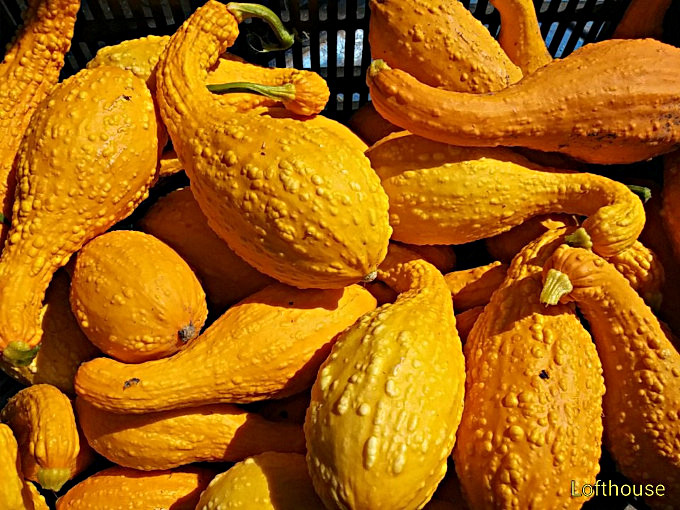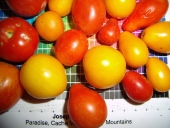
 5
5




Gert in the making

 14
14








Gert in the making

 3
3






 2
2




Joseph Lofthouse wrote:
Another protocol that might work, is to taste the cotyledons of each plant, and cull any that are bitter. That works with cucumbers, and they are so closely related to squash, that I bet it works the same in both species.
“Knowledge is knowing a tomato is a fruit: Wisdom is not putting it in a fruit salad. “ Brian Gerald O’Driscoll

 4
4




 1
1




Joseph Lofthouse wrote:The pepo squash were a pain for me. Because I wanted to keep my beloved "pure" varieties. I like my yellow crookneck to be exactly crooked, and exactly yellow.
Gert in the making
 7
7




Nothing ruins a neighborhood like paved roads and water lines.




Gert in the making

 6
6




Richard Gorny wrote:I was thinking that bitterness apears only in the offspring (F1 generation). When pollen from plant A goes into a flower of plant B, the fruit is not bitter yet, only when I plant the seeds from this fruit next year, it might be bitter. If it is correct that only bitter fruit produce seeds that grow into plants that give bitter fruits next year, that would be way simpler than I thought. Am I missing something here?
 1
1




Gert in the making

 1
1





 3
3




 1
1




Gert in the making
 4
4





|
That's a very big dog. I think I want to go home now and hug this tiny ad:
Learn Permaculture through a little hard work
https://wheaton-labs.com/bootcamp
|


